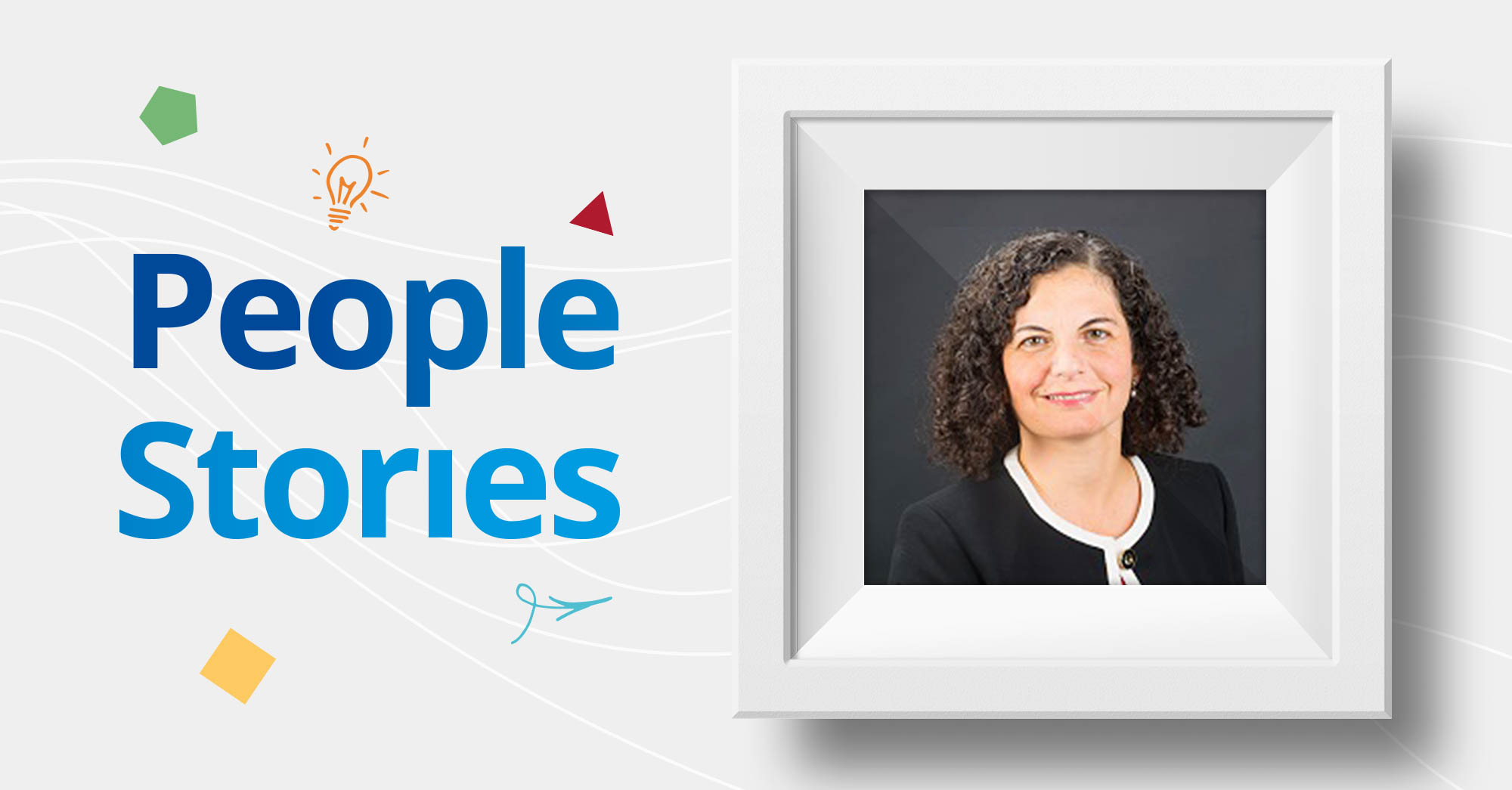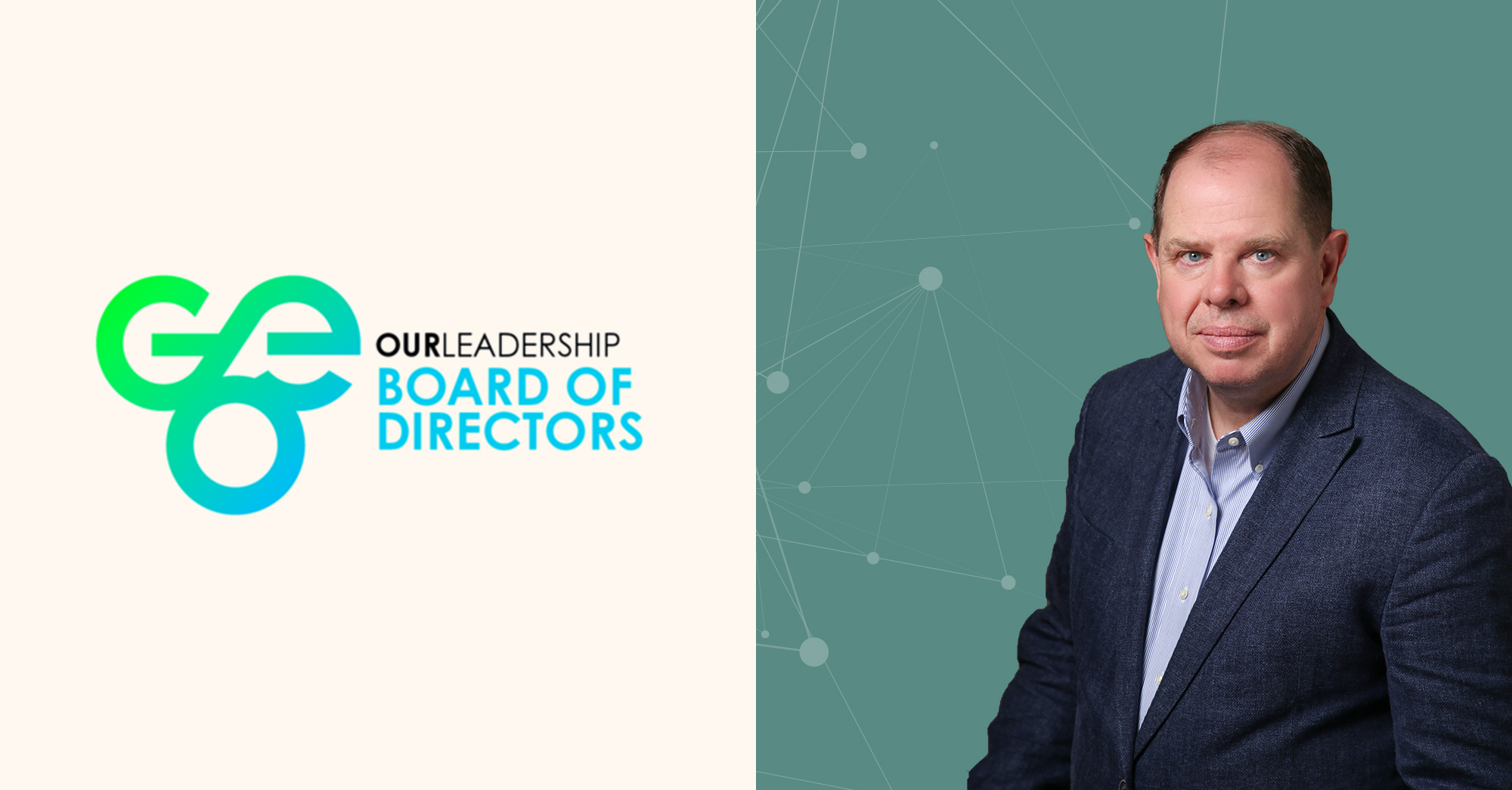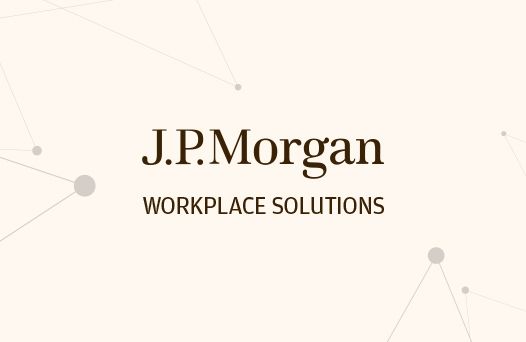‘People Stories’ is a feature with an inspirational and successful business and industry influencers.
It is our pleasure to introduce…
Marlene Zobayan
Described as ”a walking encyclopedia for all local and international tax-related topics” Marlene Zobayan’s CV is impressive: Partner at Rutlen Associates Consulting Firm, Deloitte Director, PWC Comp & Benefits Consulting, CEPI Advisory Board and NASPP ‘Individual Achievement Award’
Marlene is a highly respected professional in the equity world for her expertise in global tax, compensation, benefits and employee mobility. Not only is she highly experienced and extremely knowledgeable she is also very responsive and personable to work with! A winning combination!
Current Role:
Partner at Rutlen Associates LLC, San Francisco Bay Area
Previous Positions:
Deloitte – Director- ‘West Coast Leadership Global Rewards Group’ & global equity consulting
PWC – Comp & Benefits Consulting
CEPI – Advisory Board
NASPP – Individual Achievement Award 2009
LinkedIn:
View Marlene’s profile on LinkedIn.
Is it who you know or what you know?
Q: Since 1991 you’ve built up a very successful career in the global international tax and benefits profession, specializing in mobile employee taxation, global compensation and benefits. In your 24 years of experience which is more important, what you know or who you know?
A: There are many very clever, accomplished people in our industry. While who you know is important, you won’t go far unless you’ve established your expertise and speciality. Then it’s who you know. It’s best to get your base right first.
Industry, evolution & technology
Q: Your career has grown hand in hand with the evolving Equity Compensation industry. Where would you like to see the industry positioned over the next 5-10 years? What are the key elements/changes you would like to see implemented to make equity compensation more accessible and well known to companies and employees globally?
I’d like to see legislative barriers lifted that are preventing companies from developing their equity plans. I’d like to see the easing of bureaucracy to allow more employees to benefit from equity compensation and see companies freer to offer equity compensation customized to their situation. Unfortunately with the regulations on securities, taxes and accounting, it is difficult to customize a plan outside accepted norms.
Q: – How important a role will technology play in this industry going forward and where do you see the future in terms of people vs technology?
A: Technology will play a huge part. It’s great to see automation replacing manual data input but ultimately there are always people driving technology forward, so it’s a bit of both.
Q: – You’ve worked with several Fortune 50 companies, high tech companies with international operations and private companies wishing to offer stock incentives to their global workforce. Is there any sector or type of company that you prefer to work with?
A: I really love the variety of working with so many different sectors and company types. I get a different insight from each company as they all have different processes, procedures, project management styles and resources. I get to see the whole gamut!
Q: – Are there any aspects of business that have been lost over your career in business that you would like to bring back?
A: When I started work in a tax compensation role, working with tax was about planning. Nowadays it’s all about compliance and it’s more onerous, especially for individuals and smaller companies with fewer resources. The taxation industry has shifted from being creative to being buried in compliance paperwork. I am not talking about tax evasion, which is breaking the law, but basic planning. Compliance requirements such as foreign asset reporting add a huge reporting burden even to those who may not owe any associated taxes. You have to know your taxation well, especially in the case of mobile employees, so that the structure for benefits and mobility does not become too burdensome.
Motivation
Q: – You’ve worked at the highest level at PWC, Deloitte, Rutlen Associates. What motivates you?
A: My motto is “Do your best or doesn’t do it at all”
Q: – Outside of work what is your favourite hobby?
A: I love travelling off the beaten track as well as trekking, reading and spending time with my family and friends.
Q: – Describe a typical day in the life of Marlene Zobayan? How do you manage to achieve so much each day?
A: I live by my calendar! If something is not on my calendar it is in danger of slipping through the cracks. Luckily I am very good at managing my calendar. It doesn’t make me very spontaneous but generally, it’s the only way I can get things done!
Q: – What achievement are you most proud of?
A: Personally I’m proud that I’m able to provide a stable, comfortable environment for my son.
Keeping up to date, industry participation
Q: – It is extremely difficult to learn all the technical aspects, best practices and keep up with the latest developments impacting Equity Compensation. How can one stay up to date?
A: I recommend a mix of things. Go to tax and legal advisors. Participate in forums. Keep in touch with the updates from the big 4 audit firms and law firms. Subscribe to relevant mailing lists. Read. Research. Attend industry events. All of these will help you stay up to date.
Q: – You are on the Advisory Board of the Certified Equity Professional Institute (CEPI) of Santa Clara. What are the main benefits for a company that take on CEP certified staff? Describe how much difference it makes to get the full CEP certification in terms of career progression?
A: The CEPI offers US-based certification to stock plan professionals. Anyone working with the US market should take the exams to learn about tax, accounting, security, law, etc. It brings everything together. Equity administration can be so complicated and it’s invaluable to have this qualification to understand how the various areas of tax/legal/accounting can affect you and you can become expert enough to manage an equity stock plan.
Q: – You participate in numerous Conference Panel discussions and expert webinars and always get high marks from the audience on your presentation content, knowledge and speaking ability. Can you share some tips with us? Is there a particular reason you are so motivated to share your learnings with industry colleagues?
A: I enjoy conferences and presenting! It wasn’t always that way, but I learned the skills I needed to help me to present. For me the main thing it to ask what your audience needs? Think about what they want to get out of your presentation and pick out the top 3 – 4 takeaways to highlight. Focus on these.
Q: – You were awarded the ‘Individual Achievement Award’ by NASPP in 2009. Can you tell us more about this?
A: With so many deserving individuals it was a huge honor to receive this award. It was given in reflection of some project work I had done with NASPP while I worked at Deloitte, participation in conferences, seminars, etc. I was really honored to be nominated and to win.
Favorite tax mobility story
Q: – Favorite tax mobility story?
A: The stories that stand out the most for me are those of surprise and frustration relating to mobile employees… Individuals who exercise their options days after crossing the border… RSUs vest days later and all of a sudden it becomes an issue for them to be administered… It can be very upsetting for the participant. You need to check with HR/Admin before you plan your move so you are aware of all the consequences of moving. A few days difference can have very different consequences when it comes to equity and taxation.
Looking ahead
Q: – From a tax, legal & compliance perspective, what country do you think is the most pro-equity in the world?
A: Definitely the US. The equity industry is very developed in the US market, nationwide but also on a state-by-state basis.
Q: – Equity Compensation originated in Silicon Valley and is spreading around the world. Which markets do you believe will emerge in the next 10 years? Why?
A: India and China will emerge in the coming years. They have huge populations and their regimes recognize the importance and benefits of equity compensation. Once the regulations are in place these markets will emerge and a lot of good things will follow.
Q: – Having studied science, like most people in this business you didn’t start out with plans to work in the global equity industry. Is it an industry you’d like to see the next generation of Zobayans working in? What do you see as the pluses and minuses of working in the global Stock Plan Administration Industry?
A: I love the global and international aspects of working in this industry. Equity connects people all over the world and touches on many areas of expertise – tax, accounting, security, data privacy, law… You need to know enough about everything so as not to compromise the advice you give to clients. You need to network with people. This industry is always evolving from legislation and technical perspective. There is so much variety and so much to learn. As long as you are an organized and detail-oriented person this is a great industry to work in. Mistakes can be costly so you need to be diligent. Otherwise, you might end up making news headlines for a week!
Advice
Q: Who is the most knowledgeable person in the Industry?
A: Barbara Baksa of NASPP is my go-to person. She is so knowledgeable in tax and accounting and it’s so interesting to discuss unusual questions that I come across with her!
Q: What advice would you give someone starting out in the industry today?
A: Learn as much as you can. Network. Truly enjoy the people you work with within the industry.
Q: The language of equity compensation is very complicated. You speak some Armenian. How do think companies can improve how they communicate the complex world of equity to their employees so they can really appreciate the opportunity being offered to them?
A: There is a lot of legal information attached to equity plans – for good reason – and unfortunately a lot of employees get bogged down in the legalese, as it’s not their area of expertise. Participants need information at a very high level and for it to be made clear what they have to or need to do. I would recommend that companies use a ‘Quick Start Guide’ user-friendly communication to help employees understand at a very basic level what their equity plan involves.
The holidays!
Q: – How will you and your family be spending the holidays this year? Any favorite tradition you can share with us?
A: We host the Christmas festivities at our house every other year. I love Christmas! Our tradition is for the children to open one present each on Christmas Eve, and then on Christmas Day one child becomes Santa’s elf and gets to distribute the presents under the tree to everyone. It’s always a lot of fun!
Many thanks again to Marlene for taking the time to do this interview with us!
Please Note: This publication contains general information only and J.P. Morgan Workplace Solutions is not, through this article, issuing any advice, be it legal, financial, tax-related, business-related, professional or other. J.P. Morgan Workplace Solutions’ Insights is not a substitute for professional advice and should not be used as such. J.P. Morgan Workplace Solutions does not assume any liability for reliance on the information provided herein.



